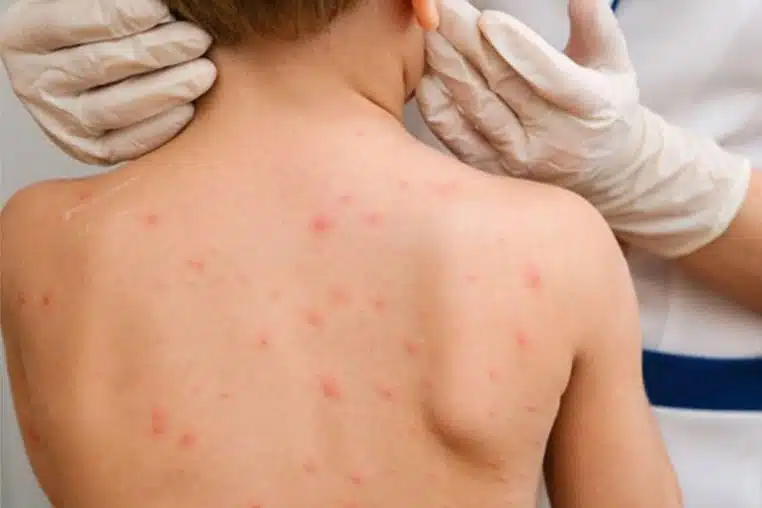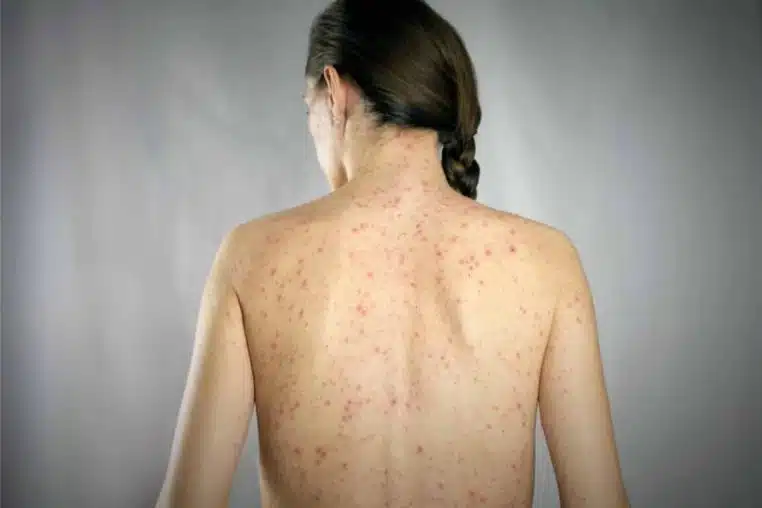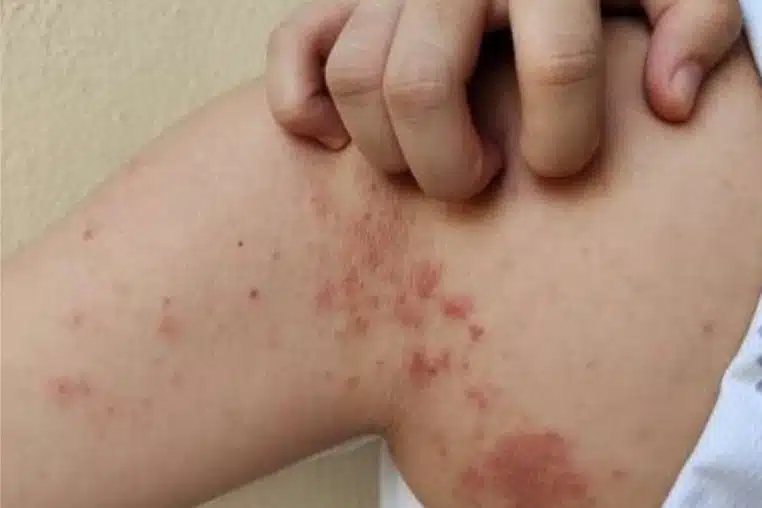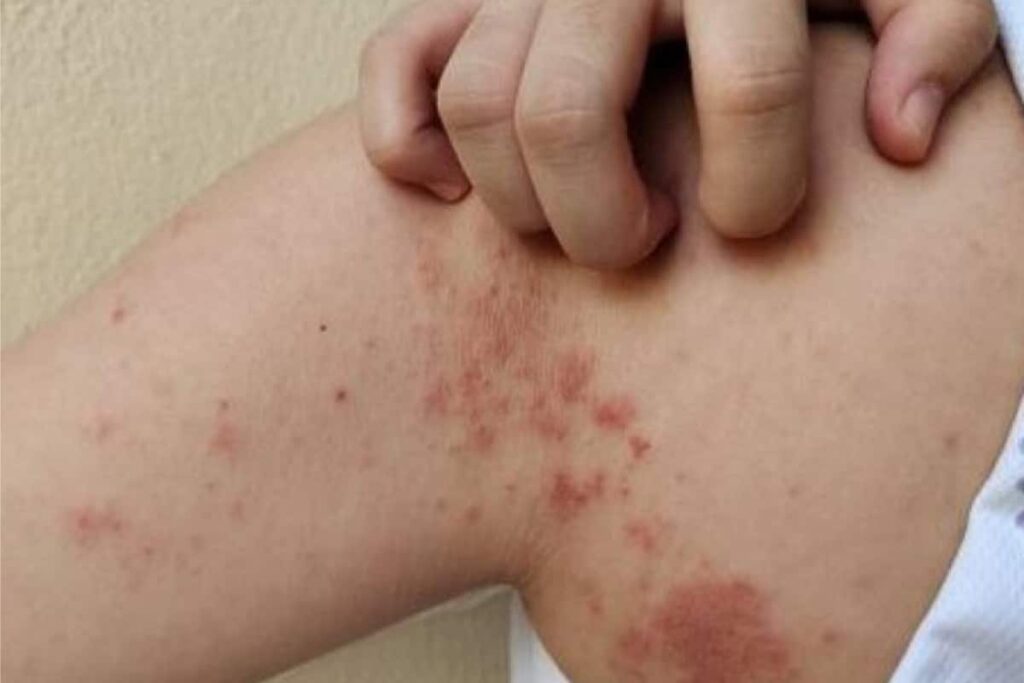In light of a worrying resurgence of measles in France, the Directorate General of Health (DGS) is warning healthcare professionals and the general public. The disease, which is highly contagious, could spread widely in the coming weeks if preventive measures are not taken promptly.

🦠 A Rapid Contagion That Worries Authorities
Measles is one of the most contagious infectious diseases. An infected person can transmit the virus to between 15 and 20 individuals through airborne transmission or contact with respiratory secretions. Sneezing, coughing, droplets, and contaminated hands are all vectors of transmission that facilitate the rapid spread of the virus.
Since the beginning of 2025, France has observed a concerning increase in the number of cases. This resurgence is particularly alarming as it affects both unvaccinated young children and adults who have never contracted the disease.
According to the DGS, this trend could accelerate in the coming weeks, driven by a insufficient vaccination coverage in certain segments of the population. Healthcare professionals and those working with children are especially urged to increase vigilance by intensifying checks and awareness efforts among the general public.


💉 Vaccination: An Essential Barrier Against The Epidemic
To limit the circulation of the virus and protect the most vulnerable, a high vaccination coverage is essential. In France, vaccination against measles has been mandatory since 2018 for all infants. The first dose of the MMR vaccine (Measles, Mumps, Rubella) is given at 12 months, followed by a booster between 16 and 18 months.
However, many individuals born before this mandate are not protected, creating vulnerable pockets in certain regions. The DGS therefore recommends that doctors systematically check the vaccination status of their patients, regardless of the reason for the visit. A catch-up vaccination is strongly advised for anyone who is not immune, especially among healthcare professionals and individuals who come into contact with children.


🌍 A Worrying Worldwide Resurgence
The World Health Organization (WHO) has also warned about the rise in measles cases globally. In 2023, 10.3 million people were infected, and 57 countries experienced major outbreaks, marking a 60% increase compared to 2022.
The WHO points to insufficient global vaccination coverage as the reason for this outbreak. The risks of importing the virus from abroad are also being closely monitored, adding additional concern for French health authorities.


🚑 How To Protect Yourself And Prevent The Spread?
Measles does not only affect children; it can affect individuals of all ages and cause serious complications, particularly in unvaccinated adults, pregnant women, and immunocompromised individuals. To protect yourself effectively, it is recommended to:
- Check your vaccination status and catch up if necessary. Protection is assured by two doses of the MMR vaccine.
- Avoid contact with infected individuals, particularly for at-risk populations (pregnant women, unvaccinated infants, immunocompromised individuals).
- Follow hygiene practices, especially when coughing or sneezing. Covering the mouth and nose, washing hands regularly, and avoiding sharing everyday objects with an infected person can reduce the risk of contamination.
- Consult a doctor promptly if symptoms arise, such as high fever, rash, cough, or conjunctivitis. Early diagnosis can help prevent the spread of the disease and protect vulnerable individuals.
In light of this health threat, individual vigilance is essential to prevent a significant epidemic. Health authorities are calling for collective mobilization, especially from healthcare professionals and parents, to strengthen protection against measles and limit its spread. Effective vaccination coverage remains the best weapon against this preventable disease.









